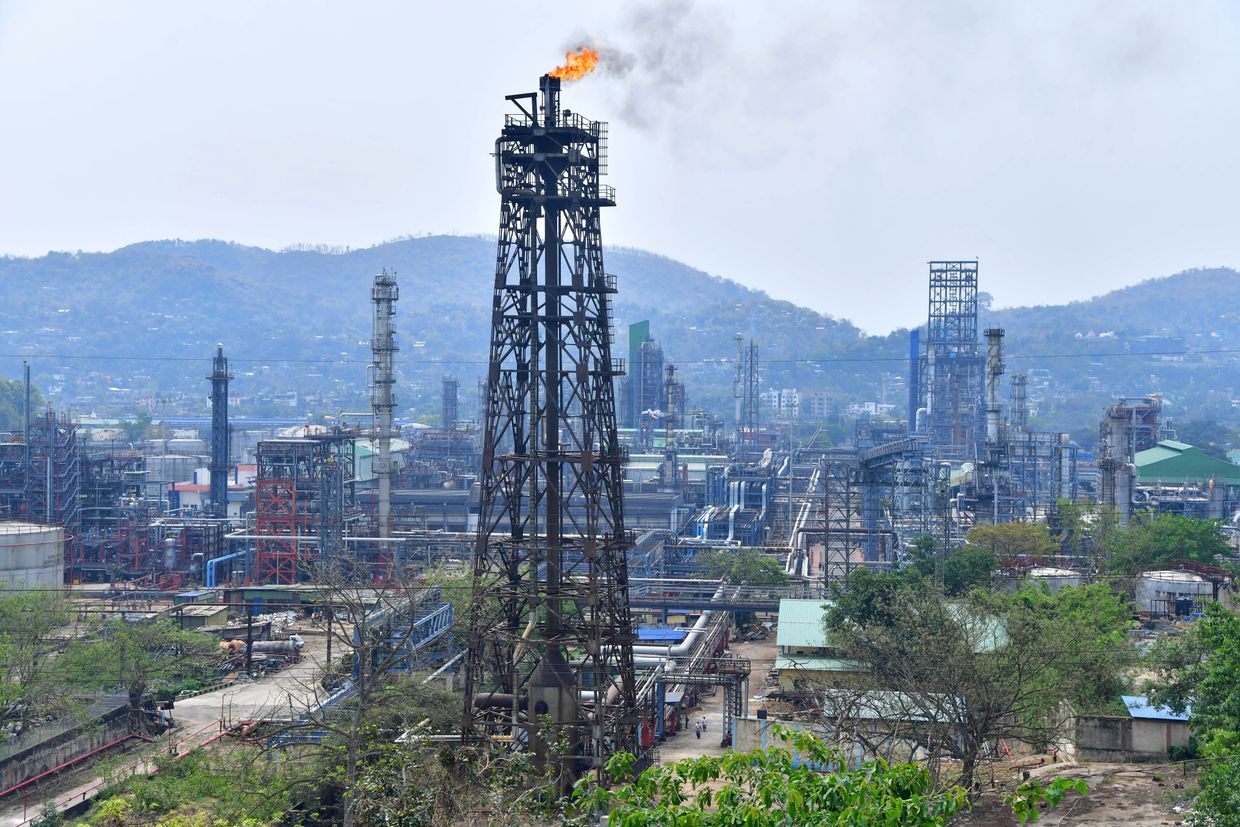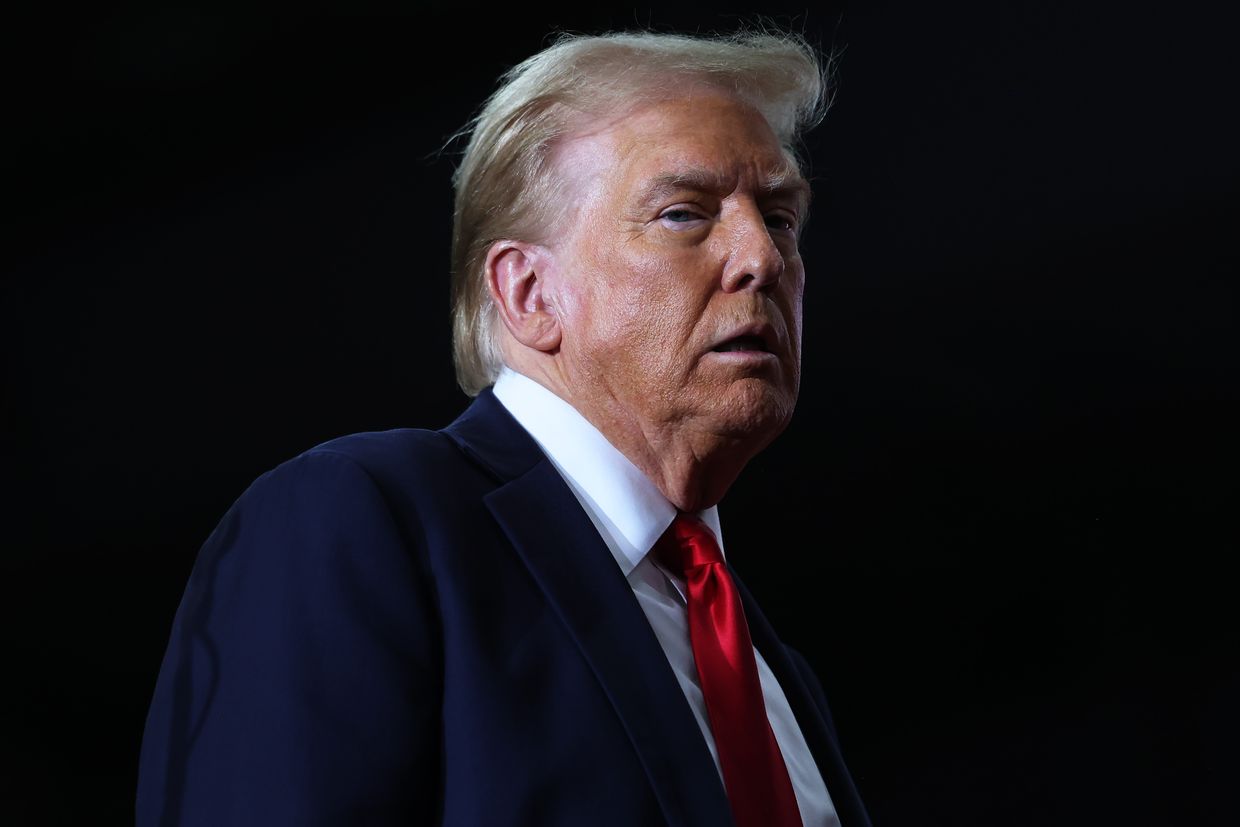
Indian banks block Russian oil payments after new US sanctions
Indian banks has begun blocking payments for Russian oil imports following the latest round of U.S. sanctions against Russia's oil industry, according to a report from Energy Intelligence, an energy information company.
The U.S. on Jan. 10 announced large-scale sanctions against major Russian oil companies and nearly 200 vessels of Moscow's "shadow fleet."
Following the new restrictions, financial institutions in India began blocking payments for Russian crude, Energy Intelligence reported on Jan. 20. India's state-owned banks, State Bank of India and Punjab National Bank, have exercised the most caution in avoiding U.S. sanctions.
Private banks have adopted a less rigid approach, the report said.
India became the world's leading importer of Russian oil following the full-scale invasion of February 2022 and subsequent barrage of Western sanctions. India accounted for almost half of all Russian seaborne crude exports in 2024.
Approximately 20% of those exports originated from Surgutneftegas and Gazprom Neft, Russian oil companies targeted in Washington's recent sanctions, according to S&P Global. Sanctioned shadow fleet tankers reportedly transported 450,000 barrels of crude to India per day.
Sanctioned Russian tankers that were booked before the sanctions went into effect on Jan. 10 will be allowed to unload at ports in India until March 12, the end of a U.S. grace period, an official told Bloomberg.
Refineries in India have already entered agreements to buy crude from Oman and the United Arab Emirates, Reuters reported on Jan. 21, citing industry sources.
The tightening sanctions prompted a sharp drop in Russian seaborne crude exports over the past week, according to Bloombirg. Since the Jan. 10 measures, dozens of tankers around the world have dropped anchor and suspended operations.

According to S&P Global Commodity Insights, sanctioned Surgutneftegaz and Gazprom Neft accounted for about 20% of Russian oil exports to India, while tankers included in the sanctions "blacklists" transported 450 thousand barrels per day to the country, or a quarter of all deliveries. The Indian authorities have decided that sanctioned tankers will not be able to enter the country's ports after March 12, the date when the period set by the US Treasury Department for completing all transactions with blacklisted individuals ends. Until that date, India is ready to accept tankers loaded before the sanctions were imposed, a high-ranking official in New Delhi told Bloomberg.














